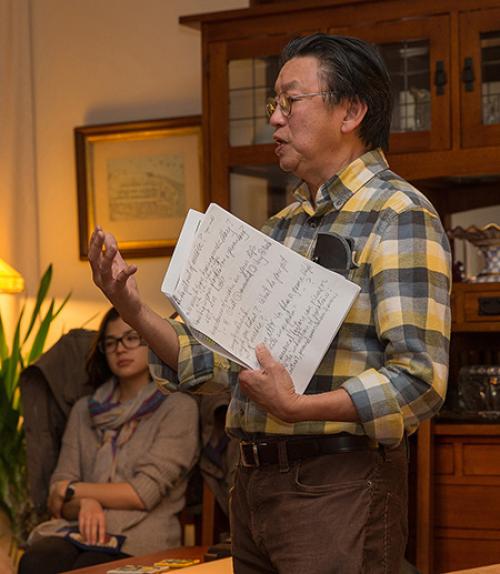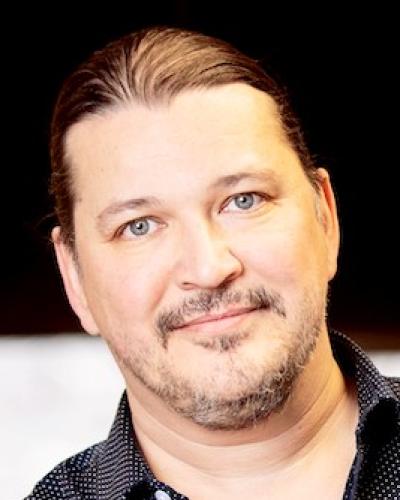 Department Homepage
Department Homepage
Explaining music's 'chill' effect on the brain and body
“Why is your music important to you? How much time do you spend listening to music per day? How many songs per day do you listen to? How important is your music to you?”




